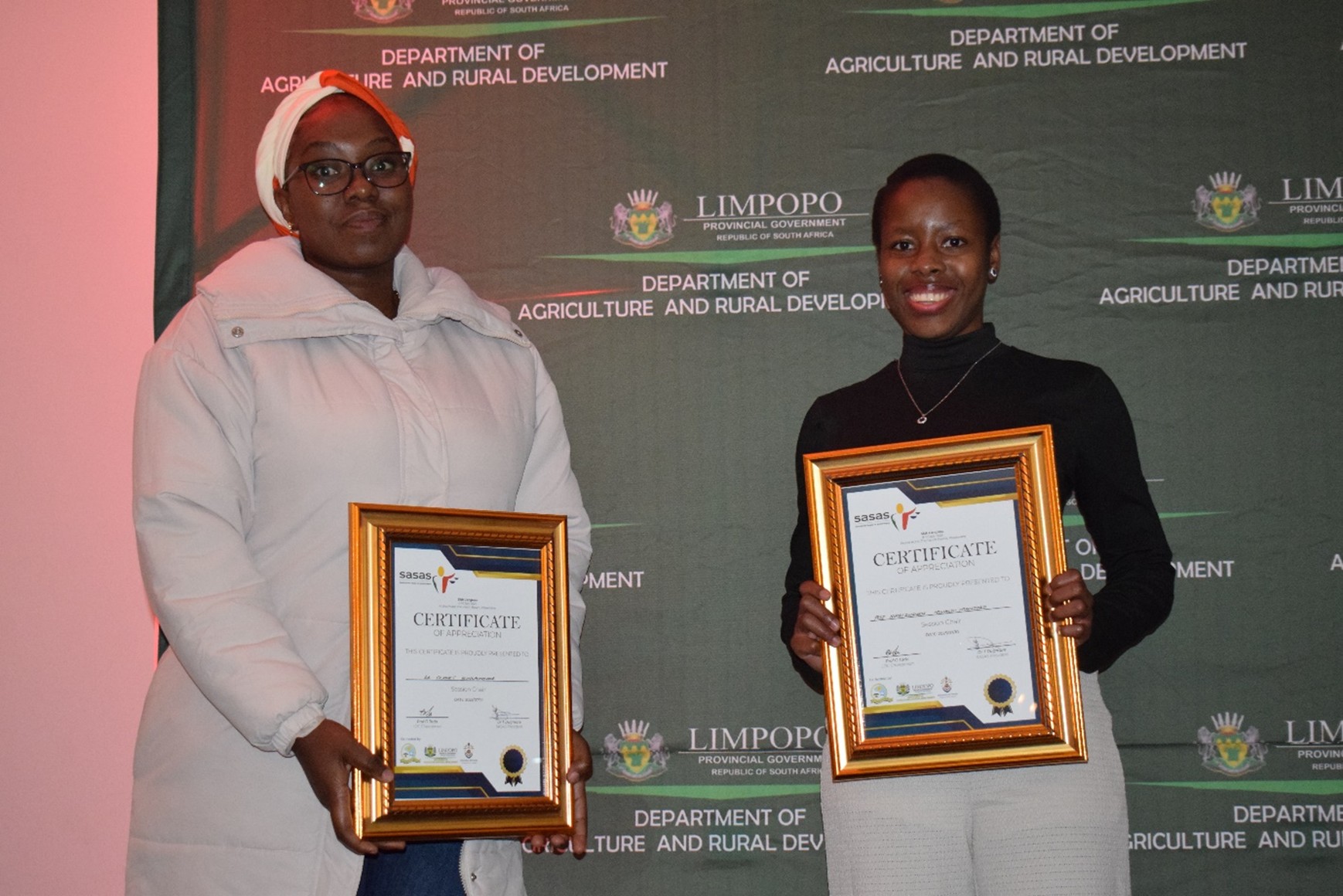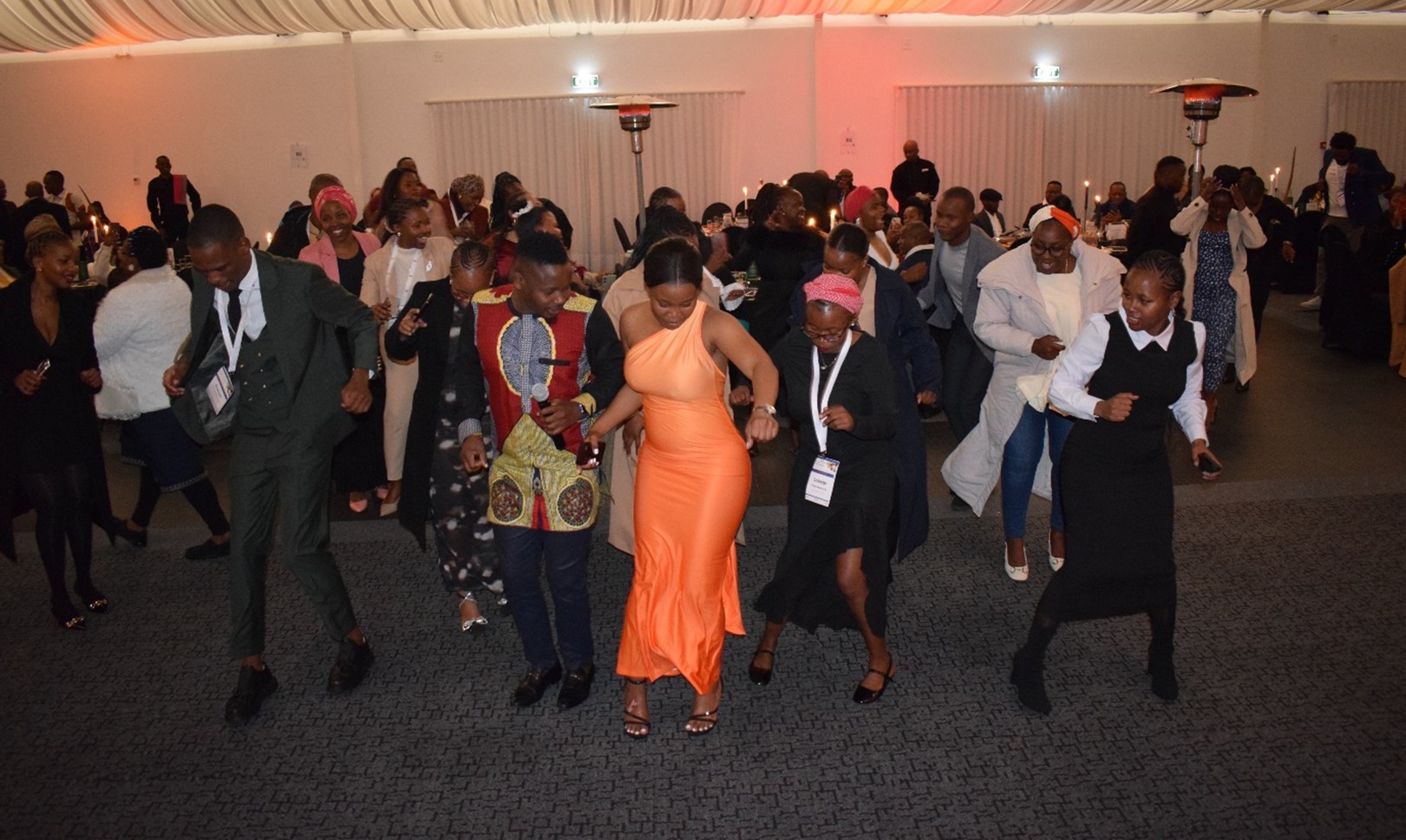By Maphuti Machabaphala

The 2025 South African Journal of Animal Science Congress took place at the Ranch Hotel in Polokwane, within the Polokwane Municipality under the Capricorn District, from 8 to 10 July 2025.
The three-day event served as a hub for knowledge-sharing amongst institutions, industry peers, students, and policy makers, focusing on current trends and research in animal science. As one of South Africa’s key agricultural sectors, animal science plays a major role in the country’s economy and food security, especially in supporting the development of rural communities.
A highlight of the SASAS Congress was a Gala Dinner at the Safari Hall, where excellence in research and impactful work by researchers, academics, and students was recognised. The event also honoured top presenters. The Congress aimed to drive collaboration, spark new ideas, and promote the animal science field as a strategic component of agriculture in South Africa.
Dr Moses Mabunda, as the Acting Head of the Department of Agriculture and Rural Development delivered the keynote address during the Gala Dinner Ceremony. He reminded delegates of the deep connections between animals, ecosystems, and society. He stressed the importance of using scientific knowledge, modern technologies, and partnerships to tackle current challenges while seizing new opportunities.
Dr Mabunda highlighted three pivotal pillars that the congress speak to, namely: 1 - Addressing diversity and complexity, Recognising the relationship between animals, ecosystems and the human societies. 2 – Harnessing Innovation and technology, Leveraging advancements in genomics, precision agriculture, data analytics to optimise animal production. 3 – Fostering resilience and sustainability to develop strategies to mitigate the climate changes, Promoting animal welfare, and Ensuring environmental stewardship.
In his closing, Dr Mabunda alluded that, “Precision agriculture optimises resources use, reduce waste and promote efficient production. Regenerative agriculture enhances and restores ecosystem health, biodiversity and soil carbon sequestration, while alternative feed sources explore sustainable feed options reducing environmental impact. Innovation technologies leverage digital tools, genomics and biotechnology to enhance sustainability.” He also stressed the need for supportive policies and better training for farmers to advance sustainable agriculture.



